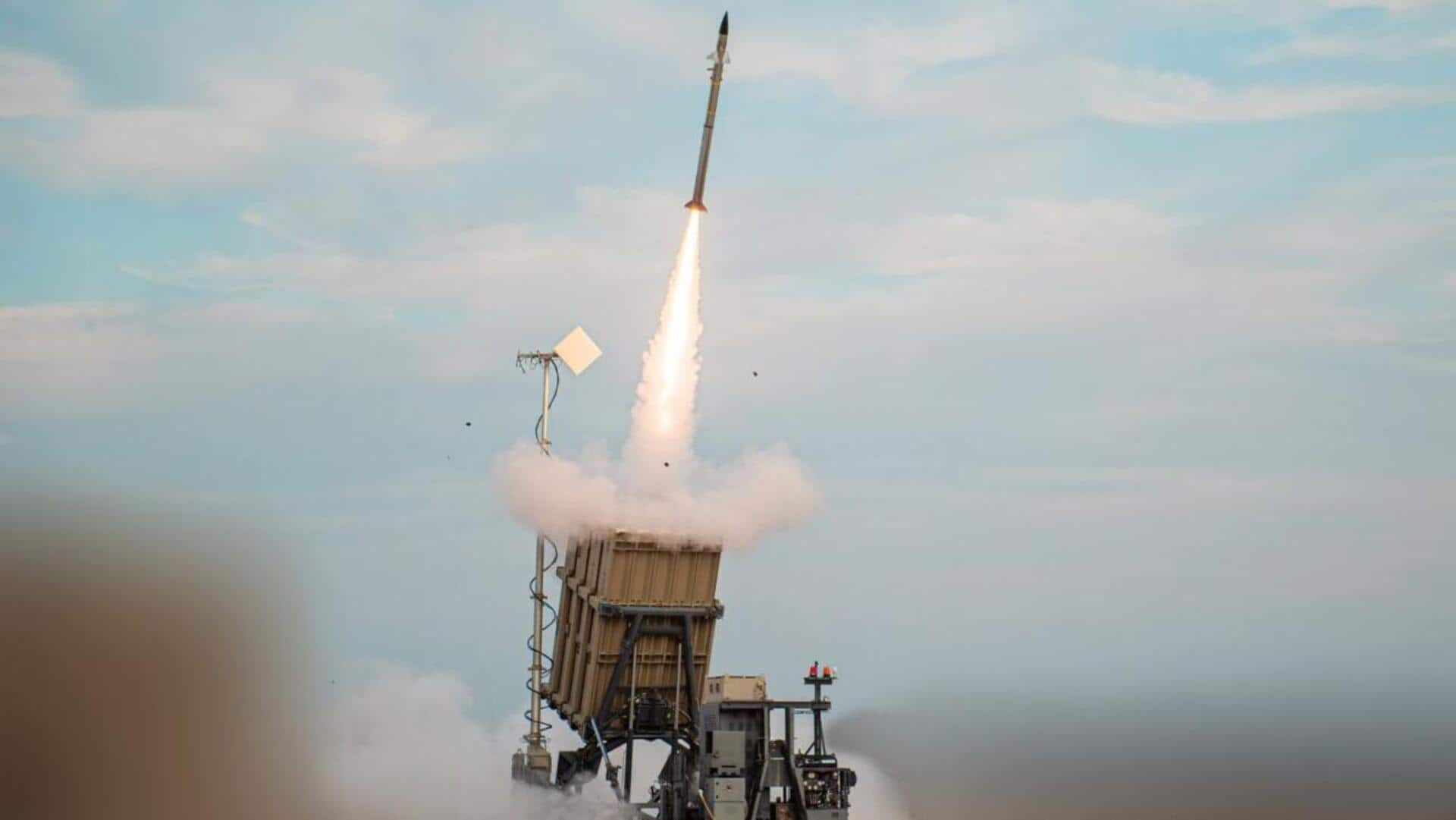
What's T-Dome, Taiwan's defense system to counter threats from China?
What's the story
Taiwan has announced plans to construct a dome-like air defense system, named the "T-Dome," as part of its strategy to counter perceived threats from China. President William Lai made the announcement on National Day, emphasizing the need for increased defense spending and modernization of military capabilities. The T-Dome is expected to feature multi-layered defense, high-level detection, and effective interception capabilities.
Budget increase
Defense spending to exceed 3% of GDP
Lai announced that Taiwan's defense spending would exceed 3% of its gross domestic product (GDP) next year and could reach up to 5% by 2030. This decision comes amid rising Chinese military activities near Taiwanese waters and airspace. However, implementing these plans may be difficult as an opposition-controlled legislature has already blocked several spending bills this year.
Defense technology
T-Dome similar to Israel's Iron Dome
According to Reuters, the T-Dome would be similar to Israel's Iron Dome, which has successfully intercepted thousands of rockets in recent conflicts. Political scientist Hung-Jen Wang from National Cheng Kung University pointed out that if the system is modeled after Israel's, it would require a massive budget. Dennis Weng from Sam Houston State University added that building the T-Dome would take longer than Lai's term, indicating its promotional intent toward the US.
Strategic response
Taiwan's defense bolstered amid Chinese threat
Taiwan has been ramping up its defense spending and modernizing its armed forces in the face of increased military and political pressure from China. The island's existing air defense systems include US-made Patriot missiles and Taiwan-developed Sky Bow missiles. In September, Taiwan unveiled a new air defense missile called Chiang-Kong, designed to intercept mid-level ballistic missiles at higher altitudes than Patriots.
Diplomatic appeal
China urged to renounce use of force in Taiwan Strait
In his speech, Lai also urged China to renounce the use of force or coercion in the Taiwan Strait. He recalled World War II's lessons and called for ensuring that such tragedies are never repeated. Despite being labeled a "separatist" by Beijing, Lai has taken a tougher stance on China than his predecessor, Tsai Ing-wen, including investing heavily in Taiwan's military capabilities.